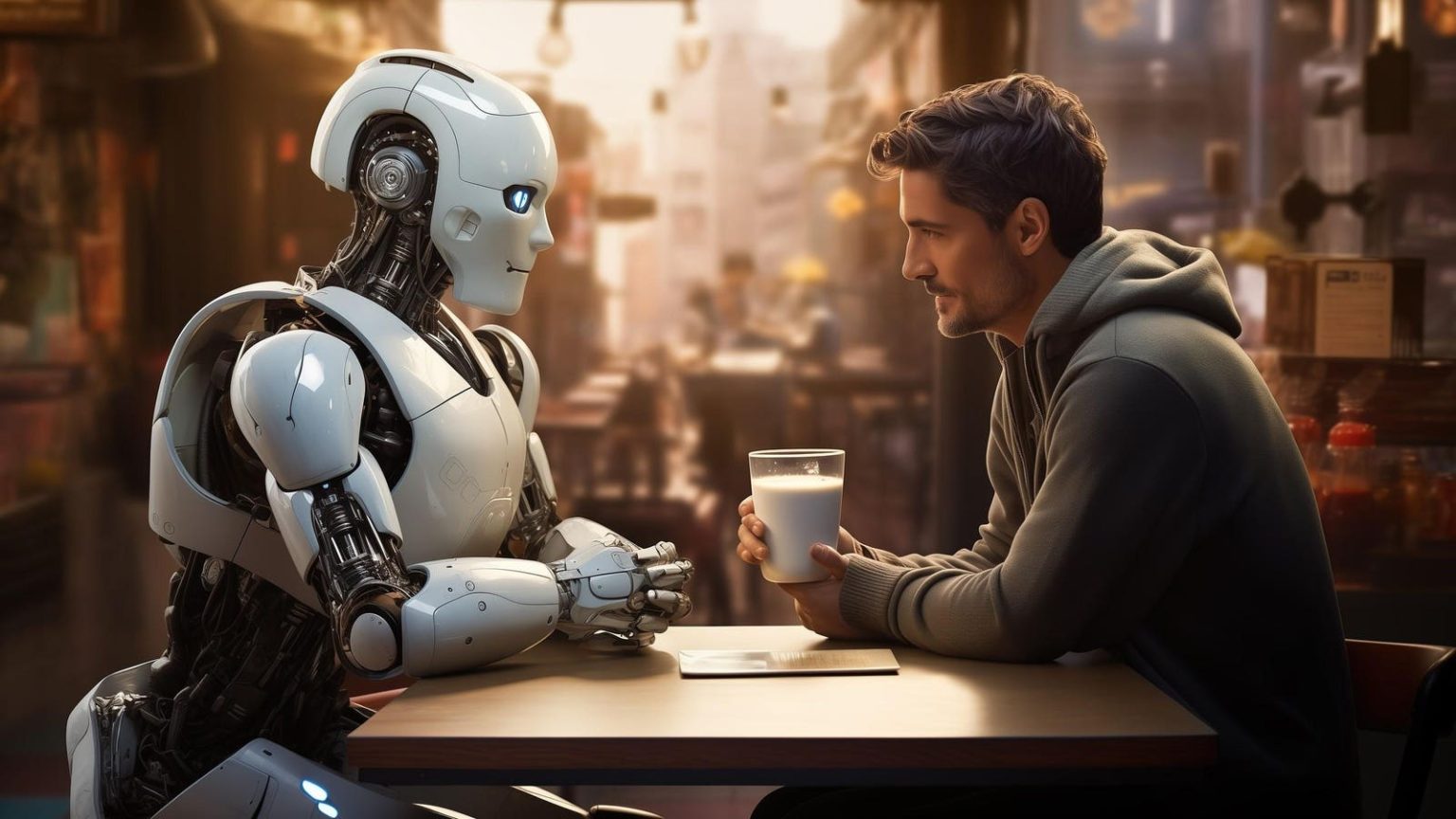In the ever-evolving landscape of artificial intelligence, we find ourselves at a crucial juncture in history. As AI systems become more prevalent and proficient at handling routine tasks, they present an opportunity for humanity to delve deeper into what makes us uniquely human. By freeing us from mundane and repetitive tasks, AI is pushing us towards realizing our full potential in areas such as creativity, empathy, and navigating complex social dynamics.
The rise of AI signifies a shift in the way we approach work and innovation. Tasks that do not require the distinct capabilities of the human brain, such as data entry or managing bookings, can now be efficiently handled by AI. This liberation of human potential allows us to focus on tasks that truly require a human touch, such as innovation, strategy, and personal interaction. AI is not a replacement for human effort; rather, it is a tool that empowers us to focus on areas where we excel.
The synergy between AI and human intelligence opens up new possibilities for problem-solving and innovation. In fields like environmental science, AI can analyze vast datasets at incredible speeds, but human ingenuity is needed to interpret the data and devise impactful interventions. Similarly, in the creative arts, AI can assist artists in pushing the boundaries of traditional art forms, but it lacks the nuanced understanding of human emotions and cultural contexts that humans possess.
Collaboration between humans and AI in healthcare, business, and other industries demonstrates the potential for improved outcomes. AI can analyze medical data rapidly, while doctors provide compassionate care. In business, AI tools predict consumer behavior, but marketers use this information to create emotionally engaging campaigns. The partnership between human creativity and AI capabilities leads to enhanced problem-solving and innovation.
As AI takes on more routine tasks, humans are propelled towards roles that require creativity, emotional intelligence, moral judgment, and personal interaction. This shift challenges society to redefine roles in the workforce and encourages the education system to prioritize critical thinking, creativity, and adaptability. While AI may replace certain tasks, it also unlocks immense potential for humans to engage, inspire, and innovate in new ways.
Ultimately, AI presents an opportunity for humans to rediscover and reimagine what it means to be human. By automating mundane tasks, AI allows us to tap into our most human traits and strengths, rather than weaknesses. The advancement of AI does not signify a future where machines dominate, but rather one where they assist us in reaching new heights of creativity and innovation. As we navigate this new era, the challenge is not to resist AI, but to embrace it as a catalyst for human evolution and realization of our full potential.













